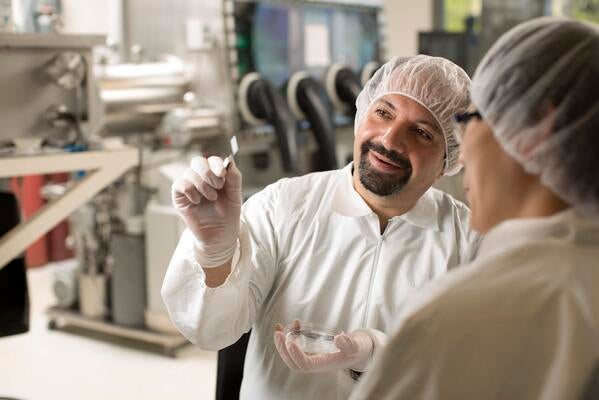
Faculty members participating in nanotechnology research:
Nanotechnology is the study of manipulating matter on an atomic and molecular scale. Generally, nanotechnology deals with developing materials, devices or other structure processing at least one dimension sized from 1 to 100 nanometers. At these scales, quantum mechanical effects become predominant and play an important role in determining material properties and device performance. Nanotechnology is considered a key technology for the future. Nanotechnology has prevailed in many scientific and technological research areas because of the significant advantages of miniaturization—less materials, more compact, less energy consumption, novel functionalities and unprecedented performance, etc. The University of Waterloo offered the first nanotechnology engineering undergraduate co-op program in Canada in 2005, and a nanotechnology graduate program in 2009. Nanotechnology is very diverse, ranging from extensions of conventional device physics to complete new approaches based upon molecular self-assembly, from developing new materials with dimensions on the nanoscale to direct control of matter on the atomic scale. Nanotechnology entails the application of fields of science as diverse as surface science, organic chemistry, molecular biology, semiconductor physics, micro- and nano-fabrication, quantum mechanics, materials science, etc. Applications of nanotechnology include medicine, electronics, biomaterial, energy production, communications, environmental monitoring and pollution control and more. The nanotechnology group in the Department of Electrical and Computer Engineering at the University of Waterloo consists of many faculty members from a wide range of disciplines. Their expertise covers topics, including organic optoelectronics, photonics, photovoltaic devices, semiconductor quantum devices, nanoelectronics, micro- and nano-fabrication, microfluidics, nano-materials, micro-electromechanical system (MEMS). Our graduate students develop advanced experimental testing skills, hands-on clean-room fabrication skills, analytical skills, as well as a comprehensive understanding of fundamental sciences and technological trends.